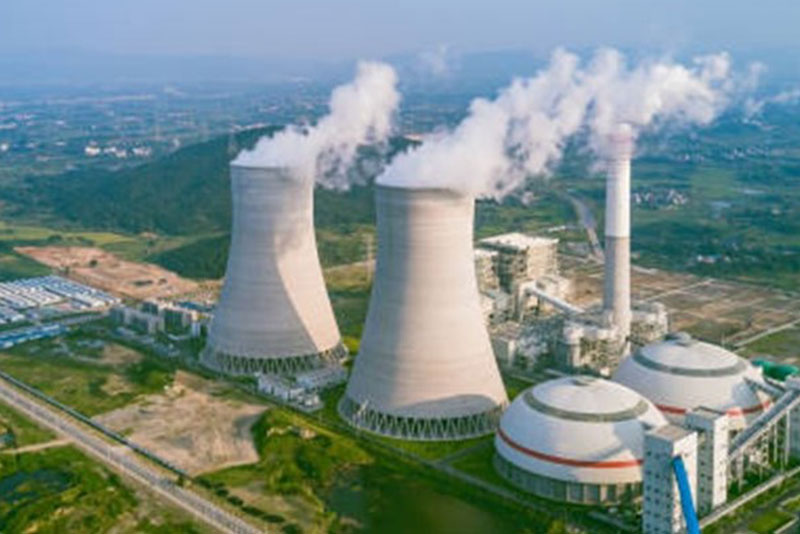
A Power Quality Assessment is a systematic evaluation of the electrical power supplied to and used within a facility, aimed at identifying and mitigating issues that can affect the performance and reliability of electrical systems and equipment. The goal is to ensure a stable, efficient, and reliable power supply, minimizing disruptions and damage to equipment.
What We Do
- Identify Power Quality Issues: Detect problems such as voltage sags, surges, harmonic distortion, and flicker.
- Enhance Equipment Performance: Ensure electrical equipment operates efficiently and reliably.
- Prevent Downtime: Minimize operational interruptions and equipment failures caused by power quality problems.
- Improve Energy Efficiency: Optimize power usage and reduce energy waste.
- Ensure Compliance: Meet industry standards and regulatory requirements for power quality.
Benefits of Power Quality Assessment
- Enhanced Reliability: Improve the reliability and lifespan of electrical equipment by minimizing power quality issues.
- Operational Efficiency: Increase operational efficiency and reduce energy costs through optimized power usage.
- Reduced Downtime: Minimize downtime and production losses caused by power-related disruptions.
- Improved Safety: Enhance the safety of electrical installations by addressing potential hazards related to poor power quality.
- Regulatory Compliance: Ensure compliance with power quality standards and regulations, avoiding potential penalties.
- Cost Savings: Achieve cost savings through reduced maintenance, energy efficiency, and extended equipment life.
Conducting a power quality assessment is essential for maintaining a stable and efficient electrical system, protecting equipment, and ensuring smooth and reliable operations in any facility.







